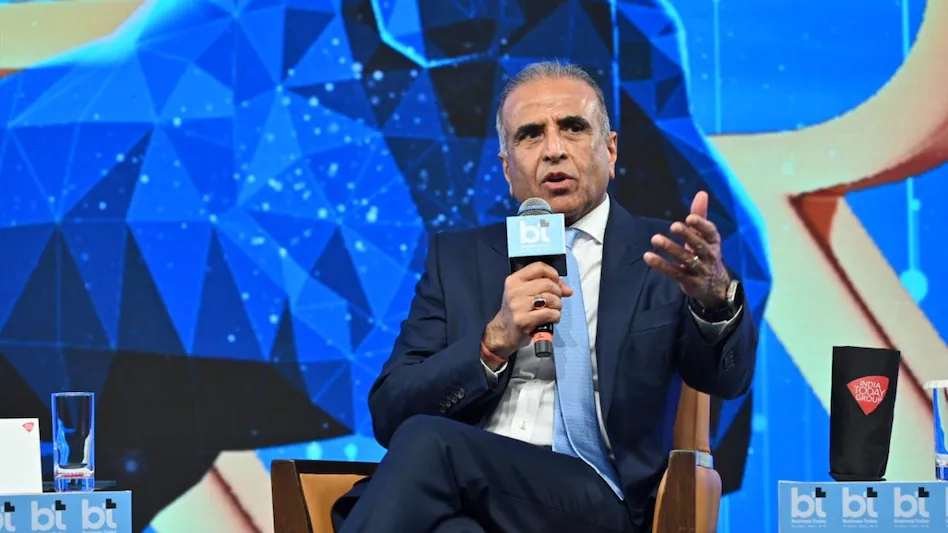
In a significant development in the Indian consumer electronics sector, Sunil Mittal, the founder of Bharti Airtel, is reportedly in advanced discussions to acquire a substantial stake in Haier India, the Indian subsidiary of Chinese electronics giant Haier Smart Home Co. The deal, which is valued at approximately $2 billion, involves a partnership with private equity firm Warburg Pincus. While negotiations are ongoing, a final agreement could be reached in the coming weeks, subject to regulatory approvals.
Haier India currently operates three manufacturing plants in India that produce air conditioners, refrigerators, washing machines, and other home appliances. The company has been actively seeking to localize its operations by offering to dilute between 25% to 51% of its equity. The expected valuation for this deal is estimated to be between $2 billion and $2.3 billion. This move is part of Haier’s broader strategy to strengthen its presence in the Indian market and to build stronger ties with local partners.
The competitive landscape around this deal is also heating up. Apart from Sunil Mittal and Warburg Pincus, other prominent players, including Reliance Industries, led by Mukesh Ambani, have shown strong interest in acquiring a stake in Haier India. According to reports, Reliance has already established direct communication with Haier’s headquarters in Qingdao, China, to discuss the potential collaboration. Moreover, global private equity firms like TPG Capital and Singapore’s sovereign wealth fund GIC are also exploring possibilities. These firms are believed to be partnering with Indian business families to increase their chances in the bid.
This move by Haier is believed to be driven by strategic considerations. India is a key market in Asia, and by partnering with influential Indian business leaders, Haier aims to expand its market share, comply with local regulations, and address geopolitical concerns. Forming local joint ventures or selling minority stakes is a common strategy adopted by Chinese companies to mitigate political and operational risks in foreign markets.
For Sunil Mittal, who has built one of India’s biggest telecom empires, this deal could signal diversification into the fast-growing consumer durables segment. Teaming up with Warburg Pincus gives the deal financial strength and strategic backing, increasing its chances of success.
Industry experts believe that this acquisition could reshape the dynamics of the Indian consumer electronics market. Haier India, with its strong brand recognition and manufacturing base, stands to benefit from a deep local insight and capital injection provided by Mittal and his partners. The deal also highlights a growing trend of Indian business tycoons investing in global brands’ Indian operations to tap into the expanding middle-class consumer base.
As negotiations move forward, all eyes will be on the final agreement and its potential to impact competition, pricing, and product innovation in the sector. The deal also reflects the broader interest of global investors in India’s rapidly growing market for consumer appliances, fueled by urbanization, rising incomes, and increased focus on smart home technology.In conclusion, the reported acquisition of a 49% stake in Haier India by Sunil Mittal and Warburg Pincus is poised to be a landmark transaction in India’s corporate landscape. It underscores the strategic shift toward local alliances by multinational companies and shows how Indian entrepreneurs are expanding beyond traditional industries. As the story unfolds, it will be critical to watch how this move shapes the future of the consumer electronics industry in India and beyond.































